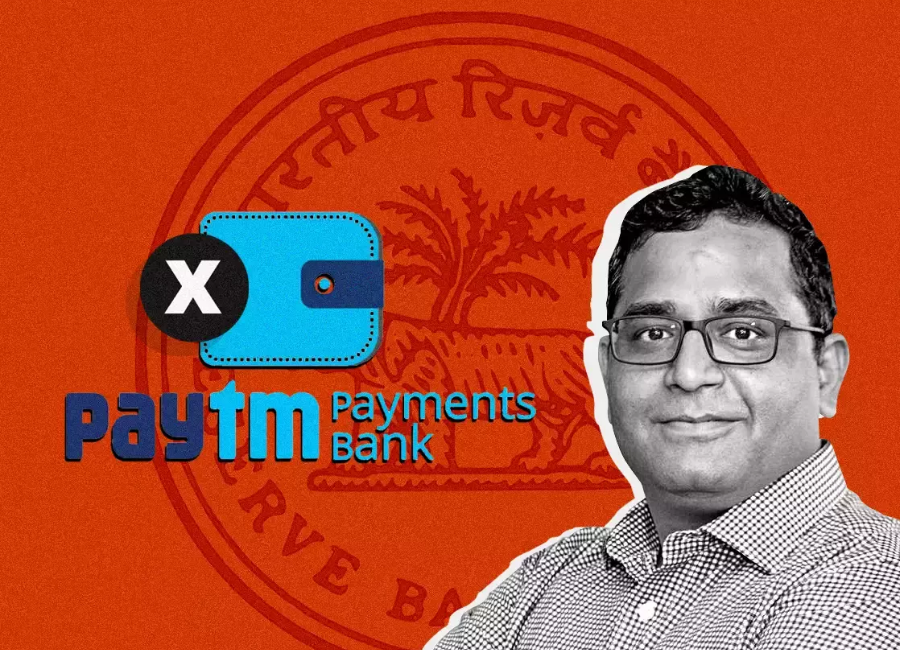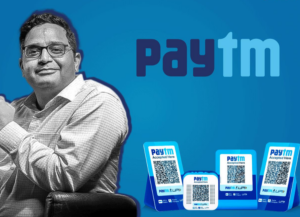The National Payments Corporation of India (NPCI) has officially approved One97 Communications Limited (OCL), the parent company of Paytm, to participate in the Unified Payments Interface (UPI) services as a Third-Party Application Provider (TPAP) under a multi-bank model. This decision was announced through a press release issued by NPCI on Thursday, March 14, 2024.
Under this arrangement, Paytm will collaborate with four major banks, namely Axis Bank, HDFC Bank, State Bank of India, and YES Bank, as partner banks. These banks will act as Payment System Providers (PSPs) in conjunction with Paytm. Additionally, YES Bank will serve as the merchant acquiring bank for both existing and new UPI merchants associated with Paytm.
As part of the transition process, the “@Paytm” handle will be redirected to YES Bank, ensuring seamless UPI transactions and AutoPay mandates for existing users and merchants. The press release also emphasized the importance of swiftly migrating all existing handles and mandates to the new PSP banks to facilitate a smooth transition for Paytm users and merchants.
This announcement comes just a day before the deadline set by the Reserve Bank of India (RBI), which directed Paytm Payments Bank Limited (PPBL) to cease several key operations by March 15 due to ongoing compliance issues. In response to this regulatory action, Paytm is reportedly considering a potential reduction in its workforce by approximately 20 percent. As of December 2023, the bank had a workforce of 2,775 employees.
The RBI’s intervention against PPBL has resulted in a loss of confidence among investors of the digital payments firm Paytm, which owns a 49 percent stake in PPBL. Notably, Paytm shares have experienced a decline of over 50 percent in value since the RBI initiated action against PPBL.
In summary, NPCI’s approval for OCL to participate in UPI services marks a significant development for Paytm, enabling it to continue offering UPI-based payment solutions to its users and merchants through collaboration with partner banks. However, the regulatory challenges faced by PPBL and the associated workforce reduction underscore the complexities and uncertainties in the digital payments landscape.



